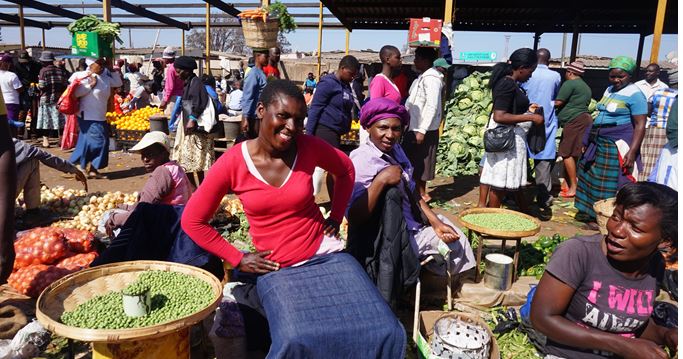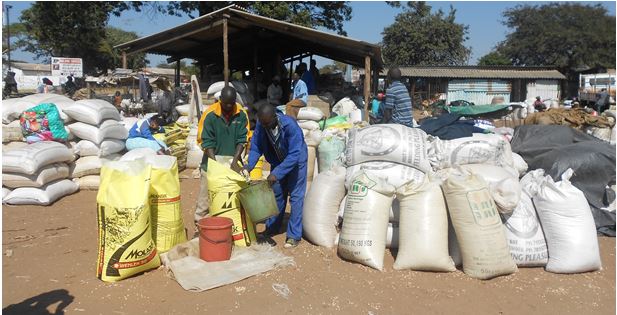Informal food markets as platforms for sharing aspirations and frustrations
An under-appreciated advantage of African informal food markets is how they allow farmers, traders, consumers and other actors to emotionally participate in business and change processes through sharing their aspirations and frustrations. The same cannot happen in formal markets like supermarkets and formal manufacturing industries where farmers just deliver commodities and wait to be paid Read more about Informal food markets as platforms for sharing aspirations and frustrations[…]










